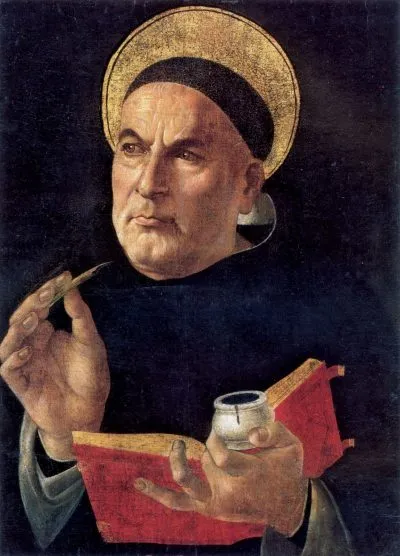It seems to me that the parish school tried too hard to be all that you can be -- to mirror everything that the public schools were doing while its unique mission and purpose became more narrowly defined by a religion or catechism class alone. Although I am an outside looking in, I wonder if this has had more to do with the loss of many of our schools as well as providing a key to their resurgence. Around me there are good examples of this renewal and new beginnings and there are whole groups to support, encourage, and help direct this resurgence of a more classical education within the Christian context.
Classical education is a classical liberal arts education -- the kind that had the power to ignite the Renaissance after a period which was once described as the Dark Ages. It could be said that the Lutheran Reformation could not have existed without the context of this classical educational rebirth in which Luther himself was raised and in which he taught. That said, it is not simply a classical liberal arts education which is the focus here but one that fits well with and is rooted in confessional Lutheran catechesis. As the classical liberal arts education focuses upon thinking, language, math, and the arts and thus prepares the youth for this life, so the Lutheran catechesis which is not merely a class but a faith interwoven in the whole of this educational model, prepares the youth for everlasting life.
The classical liberal arts education intends to cultivate the student’s mind and character with academic rigor, with tools for learning, and with the formative content that offers not simply information but a world view. Add to this the uniquely Lutheran catechetical model rooted in the revelation of God's Word, the Holy Scriptures, witnessed once and still in the Lutheran Confessions, lived out within the liturgical life of the Church and her hymnody, and taught so simply and profoundly in the Catechism and the Six Chief Parts, and you have a profound force for the life and growth of the individual and key to the renewal of a lost culture.
I am more and more convinced that as public education comes more and more under the progressive force to change and shape the mind of our children, home schooling will continue to be a popular option but it need not be the only one. The renewal of the parish school in Lutheranism (if not also in Rome) seems to depend upon that parish school offering something not like but very different from what is going on in secular educational settings. We cannot afford to be all things but just maybe we can be all we were meant to be by recalling the very roots of the Renaissance and the Reformation within a time in which the classical liberal arts education called forth the best in us all. Above all, we need to shed the idea that a parochial school is just a public school with a religion class or two thrown in. That vision no longer compels anyone nor does it justify the high cost of such a school so peripheral to the life of the parish gathered around the Divine Service and the Daily Office. If not now, when?
Look up websites for Classical Lutheran Education and the Wittenberg Academy to find out what these things look like and and how you might resurrect or renew your parish school.

No comments:
Post a Comment